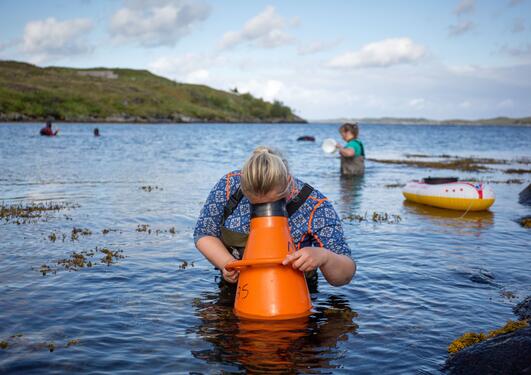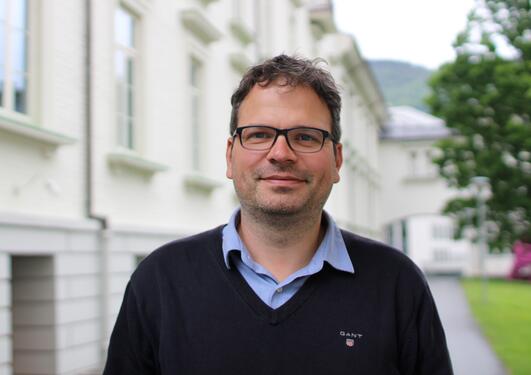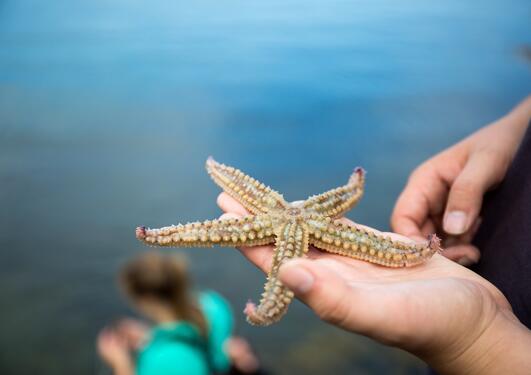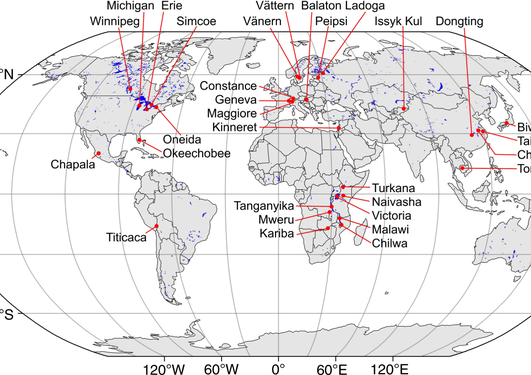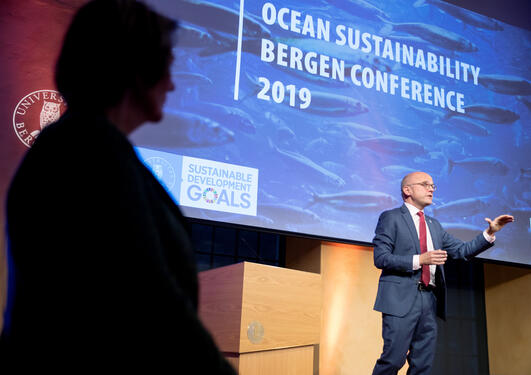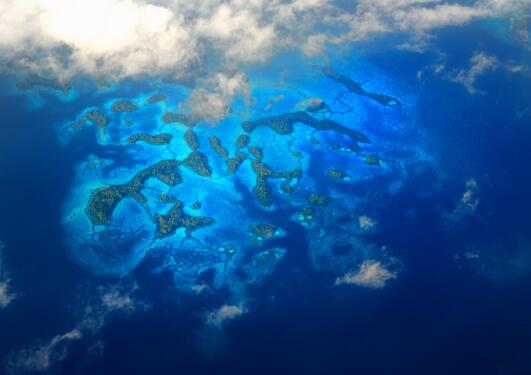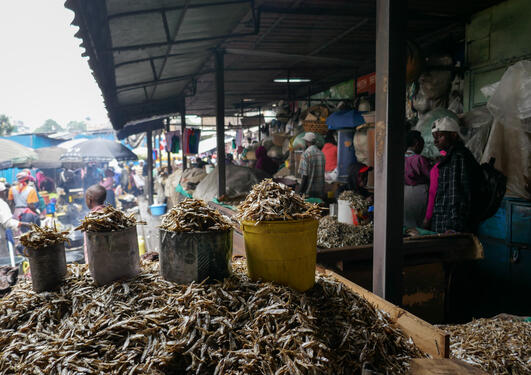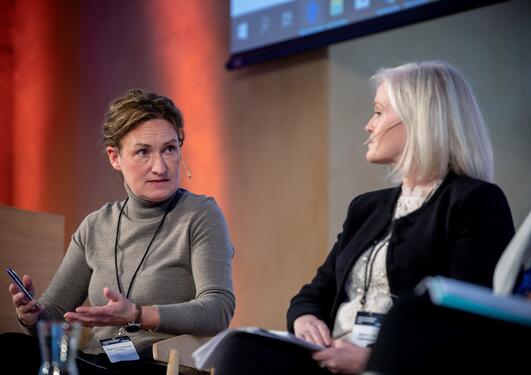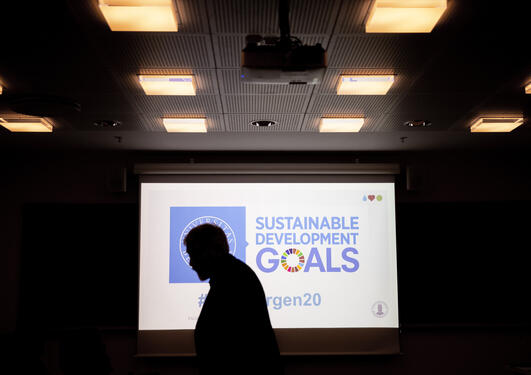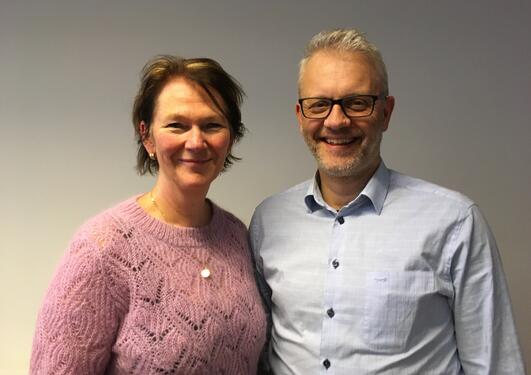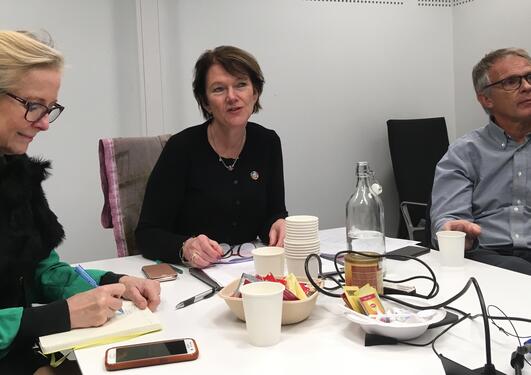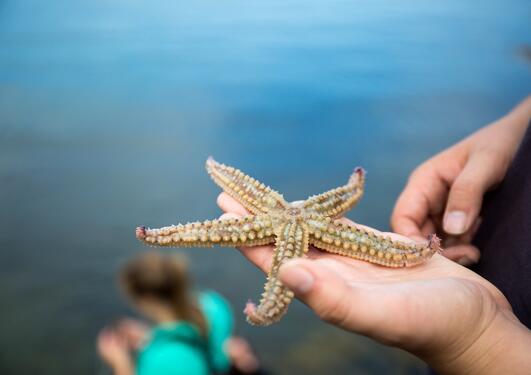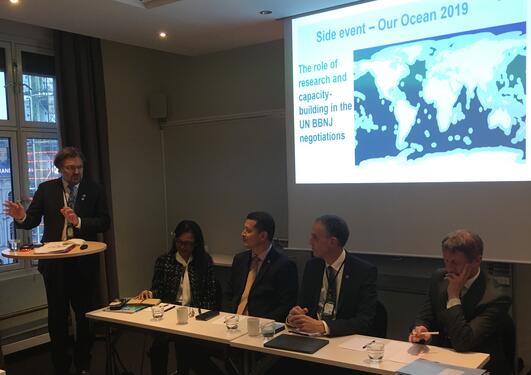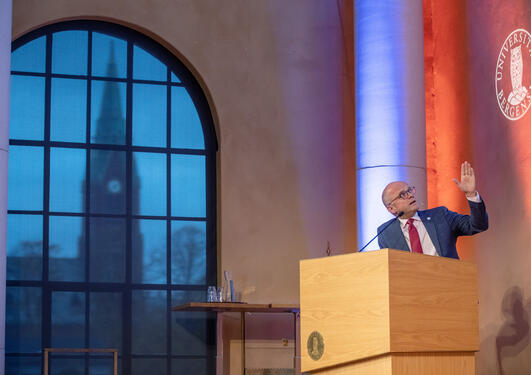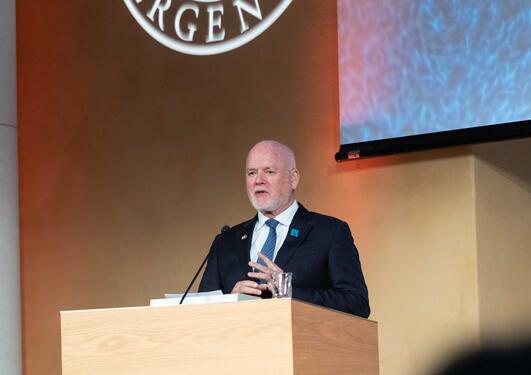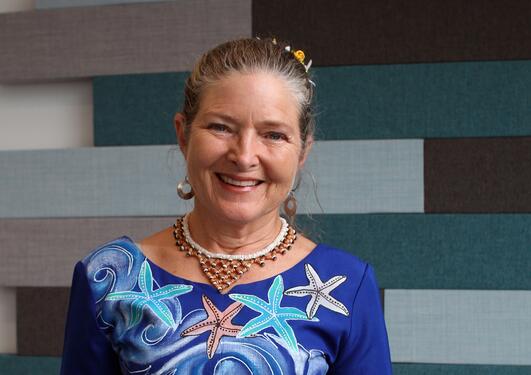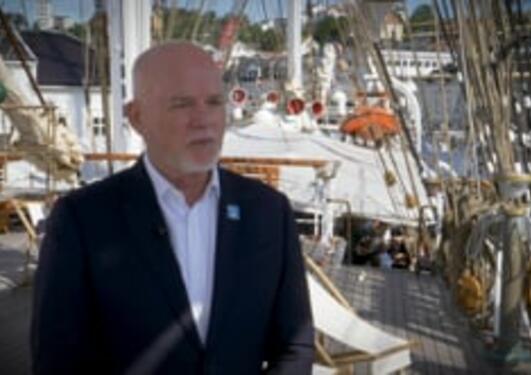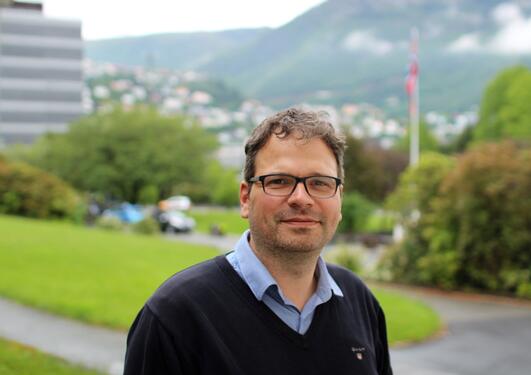News archive for Ocean Futures 2030
The University of Bergen’s interdisciplinary SDG14 course educates the future ocean science leaders to engage critically with the 2030 Agenda.
Reporting on ocean acidification data directly targeting the Sustainable Development Goals is all in a day’s work for Benjamin Pfeil and his data group at the University of Bergen.
In October 2018 the University of Bergen was given a lead role on SDG14, Life below water, by United Nations Academic Impact. Now the university has been asked to present a four-part series for inspiration on ocean research and education. The UN distributes the series globally.
How do climate and land-use changes influence fish catch in lakes? That has been at the centre of a major international study which urges policymakers to increase funding for land and water management to create a more sustainable fisheries industry.
The University of Bergen is on track with the deliverables promised in SDG Action 28818, which has now been updated to include further deliverables towards the 2030 Agenda.
The new Norway-Pacific Ocean-Climate Scholarship Programme builds on long-term collaboration between two ocean and climate oriented universities, which includes a voluntary commitment at the inaugural UN Ocean Conference.
In the world today, malnutrition is a bigger problem than hunger. Researchers hope that a small freshwater fish may prove to be packed with important micronutrients.
In a meeting on biological diversity on the high seas, scientists and other actors gave valuable advice to representatives from Norway’s Ministry of Foreign Affairs before final negotiations on regulation of natural resources outside of national jurisdiction.
The SDG Bergen Policy Briefs series was presented to researchers gathered for a workshop on science diplomacy at the 2020 SDG Conference Bergen.
Four SDG14 targets are maturing in 2020 and with the University of Bergen's leadership in ocean science and sustainability, the university will take these targets to decision-makers over the course of the upcoming year.
In November 2018 the University of Bergen was officially announced as the leader of the SDG14 Cluster for the International Association of Universities (IAU). In November 2019 the IAU SDG14 Cluster met for the first time – at least virtually.
On UN Day 2018 – 24 October, the University of Bergen was announced as the official UNAI Hub for SDG14 – Life below water. One year on, we reflect upon our activities in the year gone and present some of our future plans.
In partnership with Palau's UN Mission and IOC-UNESCO, the University of Bergen arranged a side event at Our Ocean to discuss the science necessary to secure marine biodiversity beyond national jurisdiction as part of international law.
190 scientists, students and ocean enthusiasts gathered in the University Aula for the inaugural Ocean Sustainability Bergen Conference and speeches on current research and inspirational speeches on a sustainable ocean.
“A new deal for nature is on everyone's lips,” said Ambassador Peter Thomson in his public lecture after becoming an honorary doctor at the University of Bergen.
Climate scientist Elisabeth Holland has become the Norway-Pacific Joint Chair of Oceans and Climate Change. The position builds on a voluntary commitment at the 2017 UN Ocean Conference. #OceanAction18613
The diplomat and ocean activist Peter Thomson from Fiji is one of nine new honorary doctors at the University of Bergen in Norway.
How can the academic community make an impact to get vital information on climate change across to decision-makers? By engaging in the type of quiet science advice provided by Benjamin Pfeil and his team at the University of Bergen.
Pages
- July 2025 (1)
- April 2025 (1)
- February 2025 (1)
- January 2025 (1)
- September 2024 (1)
- August 2024 (1)
- June 2024 (1)
- April 2024 (1)
- March 2024 (1)
- October 2023 (1)
- November 2021 (1)
- October 2021 (1)
- July 2021 (1)
- June 2021 (4)
- May 2021 (2)
- April 2021 (1)
- March 2021 (2)
- February 2021 (2)
- December 2020 (2)
- November 2020 (2)
- October 2020 (2)
- August 2020 (1)
- July 2020 (1)
- June 2020 (6)
- May 2020 (2)
- April 2020 (2)
- March 2020 (2)
- February 2020 (1)
- January 2020 (1)
- November 2019 (1)
- October 2019 (4)
- September 2019 (2)
- August 2019 (1)
- July 2019 (2)
- June 2019 (1)
- May 2019 (2)
- March 2019 (1)
- February 2019 (2)
- January 2019 (1)
- December 2018 (1)
- November 2018 (2)
- October 2018 (1)
- September 2018 (1)
- August 2018 (2)
- February 2018 (1)
- June 2017 (4)
